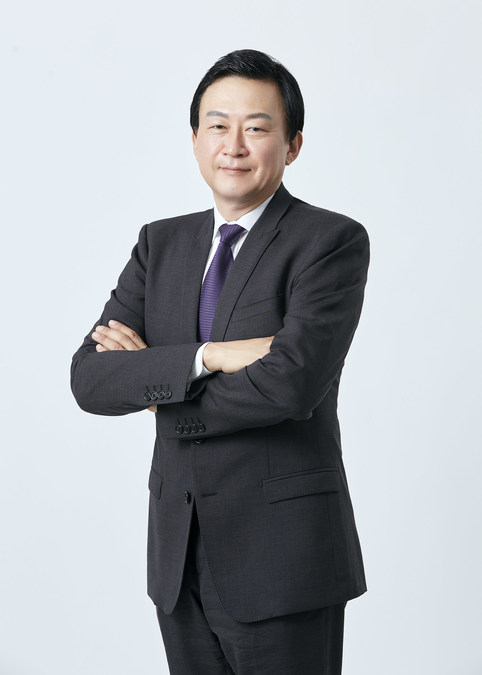Samsung Biologics to enter antibody-drug conjugate market


By Shim Woo-hyun
Korea Herald correspondent
SAN FRANCISCO — Samsung Biologics pinpointed antibody-drug conjugates, a next-generation technology in cancer treatment, as one of its future growth drivers as the South Korean biotech giant unveiled its business strategies and investment plans Wednesday during the JPMorgan Healthcare Conference in San Francisco, the health care industry’s largest investment gathering of the year.
“We are going into ADC. We will have a manufacturing plant in Plant 4, within that space up and running our early part of 2024,” Samsung Biologics CEO John Rim said of the company’s planned construction of ADC manufacturing facilities.
“Our current clients actually are producing meds, which then get sent to a different CDMOs for the linkage and conjugation components. So we’re trying to actually vertically integrate and make that happen.”
The new ADC manufacturing facility will be part of the company’s fourth plant with a production capacity of 240,000 liters, which is set to be completed by the first half of this year. With the upcoming fourth plant, the company’s total production capacity is expected to reach 604,000 liters.
The CEO said the company has already secured 11 products from eight clients for the fourth plant, adding that more talks were ongoing with 26 clients on 34 products.
Largely buoyed by the enhanced production capacity, he offered a rosy outlook for this year that may be outpacing its record earnings last year.
In the January-September period last year, the company’s sales surpassed the 2 trillion won ($1.6 billion) mark for the first time, with an operating profit of 670 billion won. Sales and operating profit were up 81 percent and 64 percent, respectively, from the same period a year ago.
In 2022 alone, the company added 11 new contracts, amounting to a total of 1.78 trillion won.
Rim was confident about the company’s performance to continue through this year.
According to Rim, Samsung Biologics had secured backorders that amounted to $8.5 billion as of the third quarter of 2022.
The CEO also shared a new investment plan worth 7.5 trillion won to build the company’s second campus in Songdo, Incheon, where the company is headquartered. The new bio complex, named Bio Campus II, will be housing massive production facilities and an open innovation center for local drug developers.
When he was asked if there will be an oversupply issue, Rim said, “there’s an aging population across the whole world, wealth is continuing to go up. And also, technology is going up. So I do think that from a trend perspective things are getting better and also more demand.”
Rim also said the company would make a new investment in a company specializing in ADC through the Samsung Life Science Fund, a fund co-organized by Samsung Biologics and Samsung C&T, a trading and construction company affiliated with Samsung Group and the de facto holding firm of the nation’s largest conglomerate.
Previously, through the joint fund, Samsung made investments in Jaguar Gene Therapy and Senda Biosciences, companies that are developing innovative technologies for gene therapies and nanotechnology platforms.
As part of efforts to diversify its business portfolio, the company said it will set up sales offices in US regions including New Jersey, adding to its research and development center that was launched in San Francisco in 2020.
In terms of biosimilar business, Rim said Samsung Bioepis’ introduction of Humira biosimilar in the US market would improve the company’s earnings.
Rim added that Samsung Bioepis was scheduled to launch Hadlima, a biosimilar referencing Humira, in July.
By Shim Woo-hyun (ws@heraldcorp.com)



